15 Questions For HP CEO Meg Whitman
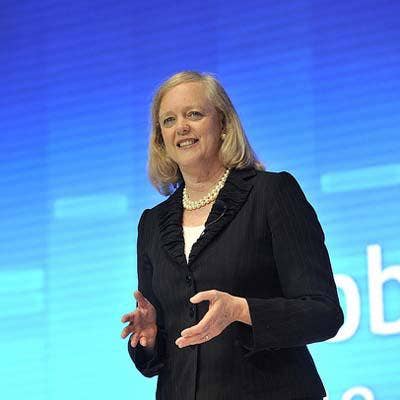
Whitman Sounds Off
HP CEO Meg Whitman, who gave the keynote address this week at solution provider Nth Generation's Symposium 2013 in Anaheim, Calif., spoke with CRN about the uncertainty facing HP rival Dell, the interest in HP's Moonshot server, her biggest surprise with regard to HP's channel business and other issues. Here are excerpts from the discussion.
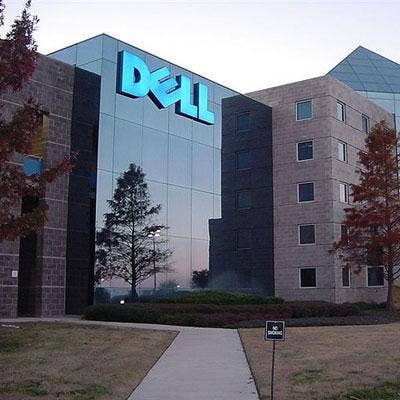
There's a lot of FUD around Dell's proposed leveraged buyout. Does any of this impact HP, positive or negative?
What I have learned in this space is, instability is not any company's friend. What we went through in the latter part of 2011 is very hard on employees, very hard on customers, very hard on partners. Stability is our friend, and right now we look like the paragon of stability, relative to our friends over at Dell. I think stability of leadership, of strategy, of delivery, of consistency is so important in this business. And it's important to the channel. [Solution providers are] betting the future of their company on us, or on our competitors. So I think stability is really an important thing. And predictability. I don't mean you can't change. But you have to do it in a very well-considered way that is well communicated with plenty of lead time.
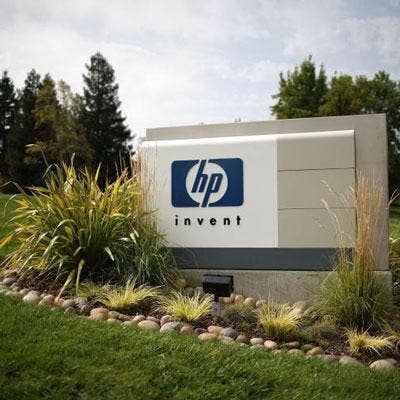
Has HP reached a level of stability you're comfortable with yet?
I think we have done a very good job in the last two years in bringing back predictability and stability to the company, to employees and to our channel partners. It's a little too hard for me to gauge because usually the outside perception lags the internal reality. We're almost all the way home in terms of a coherent business unit-by-business-unit strategy. We're bringing innovation back very fast, whether it's Moonshot, with [the] Ink in the Office [initiative], our HP Slate 7, or our new line of PCs, converged infrastructure or SDN. So we're bringing back the innovation. We're bringing back that connection. We're here today. We're not going to make sudden moves. You can count on us. So I'd say, internally, we're probably about 100 percent of the way back. The external perception is probably still lagging that a bit.
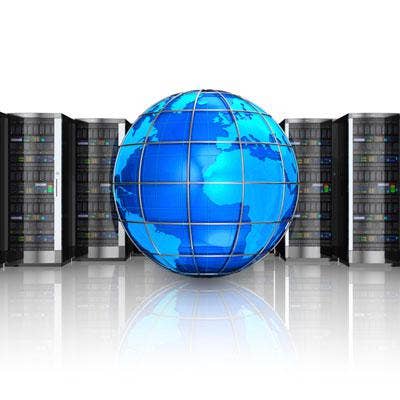
HP's server shipments fell in the second quarter by 13.5 percent, compared to last year. Is there cause to worry from your side?
We are No. 1 in this business. [But] the market's changing dramatically from more traditional rack-and-tower to hyperscale. Much of the growth in this business is in hyperscale, and in cloud computing. So what we're doing is, we're changing with the market. There's no question about it. We've got to be sharper and crisper in our competitive offerings and our competitive strategies. We recognize what's happening, and we're on it. But it will take a little bit of time before we actually begin to gain share in many of the different segments.
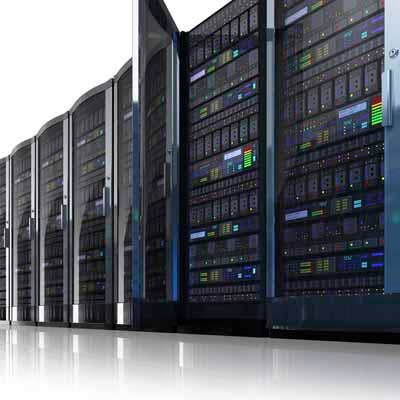
At what point might HP actually worry about the server shipment decline?
I'm worried all the time. I'm worried about everything all the time. I mean, this is a very competitive business. We are the leader in many of these markets, so we are the ones that people want to shoot at. So we have to stay on our toes. We have to have the right products for the right market segments. And there's going to be business model changes that have to happen here. A hyperscale [server] deal is an incredibly different sale from selling to an an enterprise customer or to the channel. So we have to adapt to that.
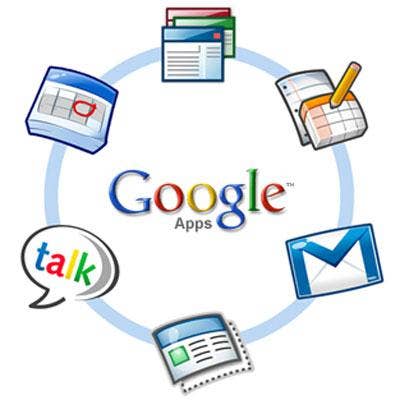
Talk about the HP Google SMB In A Box Opportunity under which HP will resell Google Apps?
We're excited about Google SMB in a Box. The reason why we did this is, we sort of had a sense that there were a lot of customers who wanted to experiment with different operating systems, with lower-cost applications. And we said, if we could make this easier for the end-user customer to buy and for the channel itself, there might be a real interesting thing here. So we put together what we thought was a great offering of, literally, if you have a medium to small-sized business, just sign up for Google SMB-in-a-Box. It's going well. It's in its early days. But actually the interest is really high.
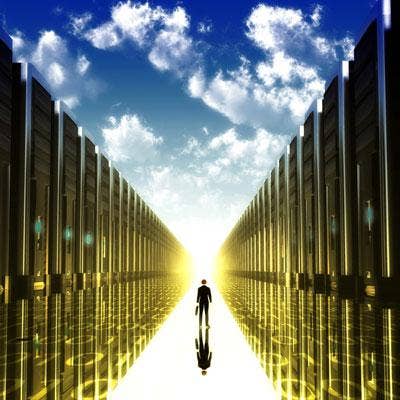
How does the Open Compute Project impact what HP is doing with Moonshot?
I think Open Compute is a very powerful platform for a small number of service providers. You have to be very big to do what Facebook and Google and others do. At the same time, we have to leapfrog ahead from a technology perspective, so even somebody who's considering building their own says, 'Wow, HP has something that's even better than what I can do buying my components from ODMs in Asia.' And that is the point of Moonshot. I think the real promise of Moonshot is the fact that hardware is now tuned to the applications. And the power utilization, the space utilization, functions differently. Ninety percent less power, 89 percent less space, at a much lower cost per unit of compute. What we are aiming to do is build an ecosystem where we provide the compute platform for developers who can write the applications for the cartridges that drop into Moonshot.
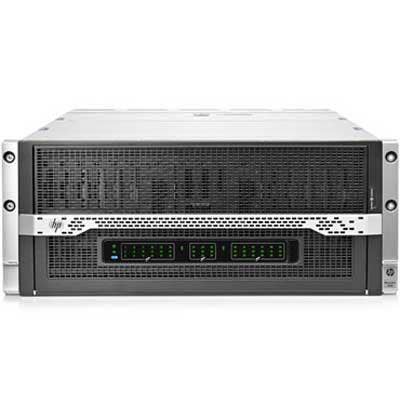
Talk about the Moonshot opportunity.
It's a different way of attacking the change in the industry-standard server business. And we're the only people that have it. We're ahead. And it is truly revolutionary technology. So we're running as fast as we can. The next generation, the next leap, in cartridges, is in October. The one after that is in January. And I think we're starting to see some real momentum in that business. And we've got proof-of-concepts everywhere. Because people want to understand. I feel pretty good about it because, again, this is all about how do you tune the hardware to match the apps in a cost-effective and energy-effective way?
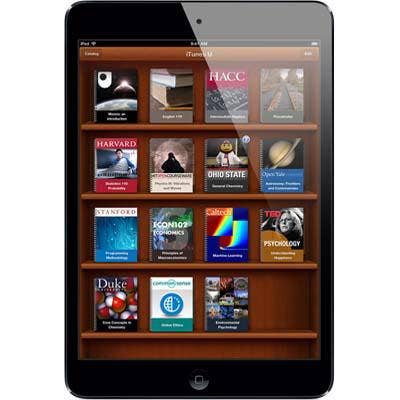
One of the potential customers we're hearing about for the Moonshot servers is Apple iTunes. Is there something going on there?
We have a lot of interest from a lot of customers who are doing scale-out computing -- just go right through the big service providers. I don't mean telcos. Facebook has bought an awful lot of stuff from HP. [Chinese Web services companies] Baidu and Tencent, Apple, a whole list of very big scale-out computing companies, are all very interested in Moonshot for the same reason we're interested in it at HP. We're emptying data centers. The fact is, we now have a nice big empty data center in Austin, Texas, which used to run hp.com. And now we run hp.com on Moonshot, on the power of 12 60-watt lightbulbs, in the space one-tenth of what it was before.

Talk about the excitement around Moonshot.
A lot of these big companies are interested in doing PoCs [proofs of concept] to see what does this mean for their global footprint, for their future data center footprint. Because what everybody knows is that we can't keep on like this. If we're going to add 8 [million] to 10 million new servers in the next three to five years, where exactly are they going to go? And by the way, these data centers are not cheap. By the time you put in the power grid, you build them, you fill them with computers, and you have to build eight new power plants.
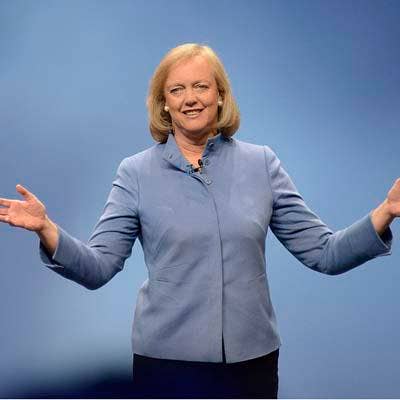
How did Nth Generation get you to keynote the Symposium conference?
I met them at a partner roundtable that we had maybe a year ago in Palo Alto. And then I saw them at our Global Partner Conference in Las Vegas. And they said, 'We have this big event every year. Would you ever come to be the keynote?' And I said, 'Yes.' I have met over 225 partners. I've done probably 40 or 50 partner roundtables around the globe. And then we'll occassionally do an event that a partner has for one of their customers, or for their salespeople. And so the invitations come. And if I can do it, I will.
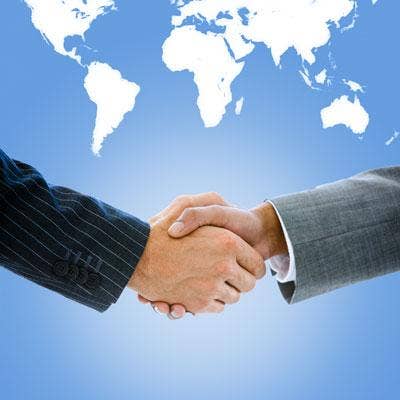
How does a channel partner get you involved in working with them to close a deal?
The way to sort of engage with me on a personal level is when I do partner roundtables. In almost every city I go to, I do a partner roundtable. And we invite the partners who are, literally, within 100 miles of where [we are]. And I have put out the word to our sales teams that, if a partner has a customer that they would like me or a senior executive to call because … they're thinking of making a big purchase of gear, and I can make a difference in that sale, I'll call them. I don't know how many customer calls I make a week. Probably 20, at least. Just to sort of reassure them about HP, tell them what we're up to, and give them confidence that we can do what they're hoping we can do.
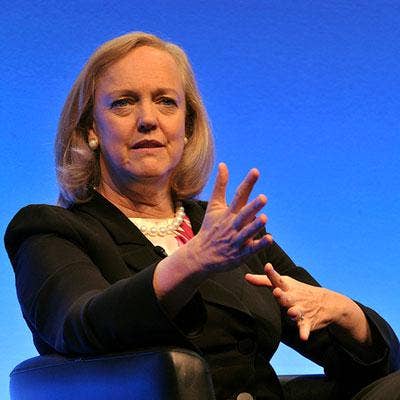
When you came in as CEO of HP, what's the biggest surprise you had in terms of the channel?
I had understood value-added resellers because I had been in technology for a long time. I don't think I understood how central the channel partners had been to the growth of HP. I mean, this was a real focus of Bill [Hewlett] and Dave [Packard's] all the way back when this company was built with channel partners. I sort of knew about it at some level, but I don't think I quite understood the volume, the depths of relationships, the second- and third-generation owners of the channel partners who have done business with HP forever. Many, many channel partners have made a lot of money through the years building their business around HP. This is a great story. I happened to be with the president of Mexico not too long ago. And the Mexican ambassador to the United States, his brother owns the largest VAR in Mexico. And it's all HP.

Where would you advise channel partners to invest for the next big opportunity over the next five to 10 years?
We live in a time of huge changes in technology. I think you've probably heard me say that every 10 to 15 years in this business there are these big tectonic plate shifts: mainframe to the client/server, client/ server to the Web 1.0, Web 1.0 to mobility, and to services. And we're in another big shift. And I'd say, listen, you've got to be even closer to your customers than you ever have before. Because each and every one of these VARs' customers is trying to figure out, 'OK, here's the technology I have, here's what I need -- speed, agility, lower cost, mobile, security, big data.' And how do you help them go from where they are to where they need to be? I think just an incredible focus on the customers' needs.
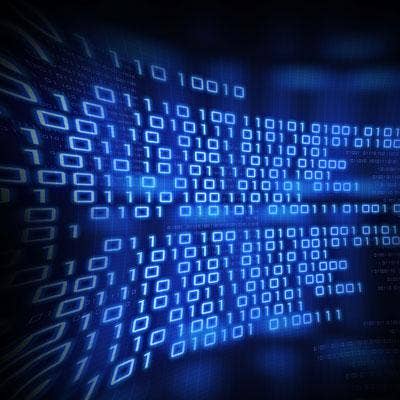
Talk about some of the specific technology opportunities like converged infrastructure, big data.
There's no question that people are beginning to buy not just parts anymore, but a converged solution. Cloud -- there's no question that the way infrastructure is bought is moving to Infrastructure as a Service. I think it's just a matter of time, but every partner will have to figure out how they will play in that business. Big data and analytics. There's no question that this is what most of our end customers want to talk about. I was just here with the City of Anaheim, and you know what they wanted to talk about? Big data and analytics, and how they can service the citizenary of Anaheim better. And then, of course, security, security, security, security. This is a huge topic. A huge topic. And it gets scarier every day. And then, finally, of course, there's mobility. I bet most of our VARs have customers that are going to end up in a choose-your-own-device world. Not bring-your-own device. Not a complete free-for-all. But you marry the device to the workgroup.
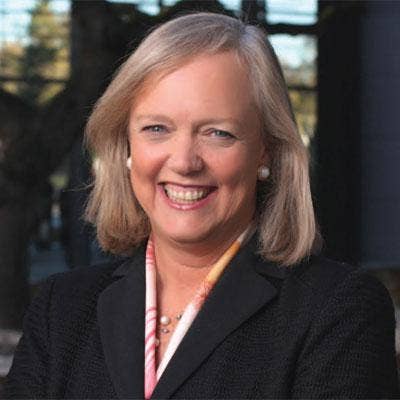
Would you rather be the CEO of HP or the governor of California?
At this point, head of HP. Listen. I know how to do this. This is where I've spent my career. I've had 30 years in business. And as much as I loved politics and thought I could have made a real difference, campaigning was an entirely new thing for me. I would wake up every morning on the campaign trail and wonder what exactly I'm supposed to do and how is this going to work. Now I wake up in the morning and know what I have to do here. And I quite like that. The team that has rallied around the resurgence of HP, I think we're making a big difference. People feel we're making a difference at HP, that we're turning this thing, that we're coming back strong. And that's fun for a really proud company with such a rich heritage.